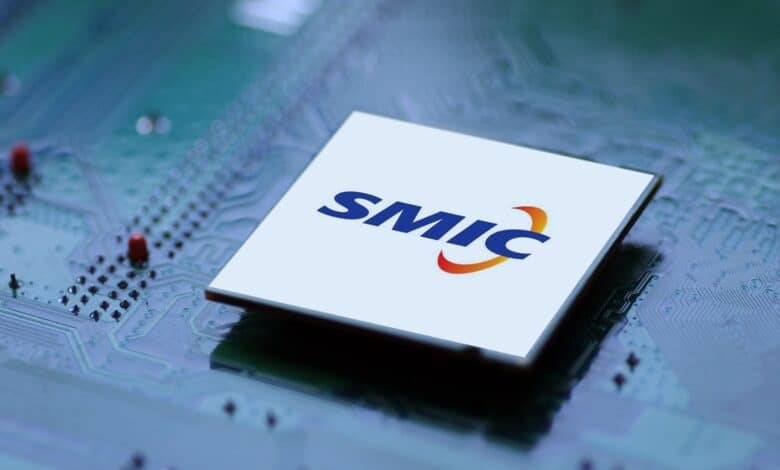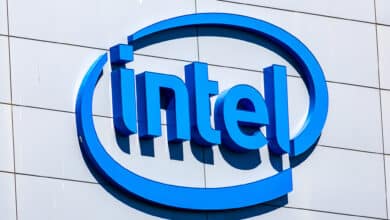
The trade war between China and the USA continues. According to reports in the Wall Street Journal and Reuters, the U.S. Department of Commerce has decided to impose restrictions on China’s largest chip manufacturer.
The two news organizations had access to a letter that went out last Friday to the chip manufacturer, Semiconductor Manufacturing International Corporation (SMIC). This letter dealt exactly with the same topic that was already the case with Huawei. TikTok is also affected by the disagreement between the two countries.
If companies want to cooperate with the chip manufacturer, they must apply to the Ministry of Commerce for a trading license. The trade war between the two countries is thus becoming increasingly fierce. SMIC is China’s largest chip manufacturer and is thus considerably restricted. As was Huawei before.
Huawei since 2019 already affected
Huawei may currently be supplied with software and hardware by Microsoft and meanwhile also Intel. The situation is different with MediaTek, who have already applied for a commercial license, but have not yet received it. Also the Taiwanese chip manufacturer TSMC is not allowed to produce chips for Huawei at the moment. This is probably because TSMC uses US technology for the production of the chips. Much better known is the Google restriction on Huawei’s Android phones.
The USA had accused Huawei of spying for the government of China. Thus Huawei was put on the “black list”. As a result of all this, all smartphones or Huawei devices released after May 16, 2019, no longer had Google apps installed.
According to Google, the Google apps are only installed on devices that have the so-called “Play Protect certification”. However, due to US government regulations, Google is no longer allowed to install its apps on Huawei devices.
What’s the next step for SMIC?
SMIC is currently lagging behind chip development by a good four years. This restriction will put some obstacles in the way of the Chinese manufacturer. At the moment there are hardly any alternatives to the US chip manufacturers and the Taiwanese manufacturers. The Chinese chip manufacturer therefore wanted to become more independent and autonomous in this sector. The hope of SMIC was to compete with the other big manufacturers. But where this restriction will lead the manufacturer now is still uncertain.



